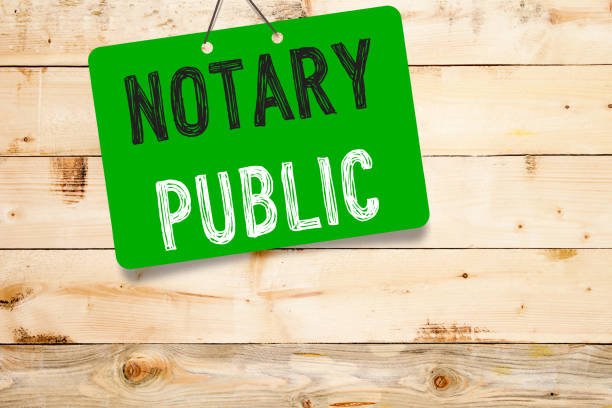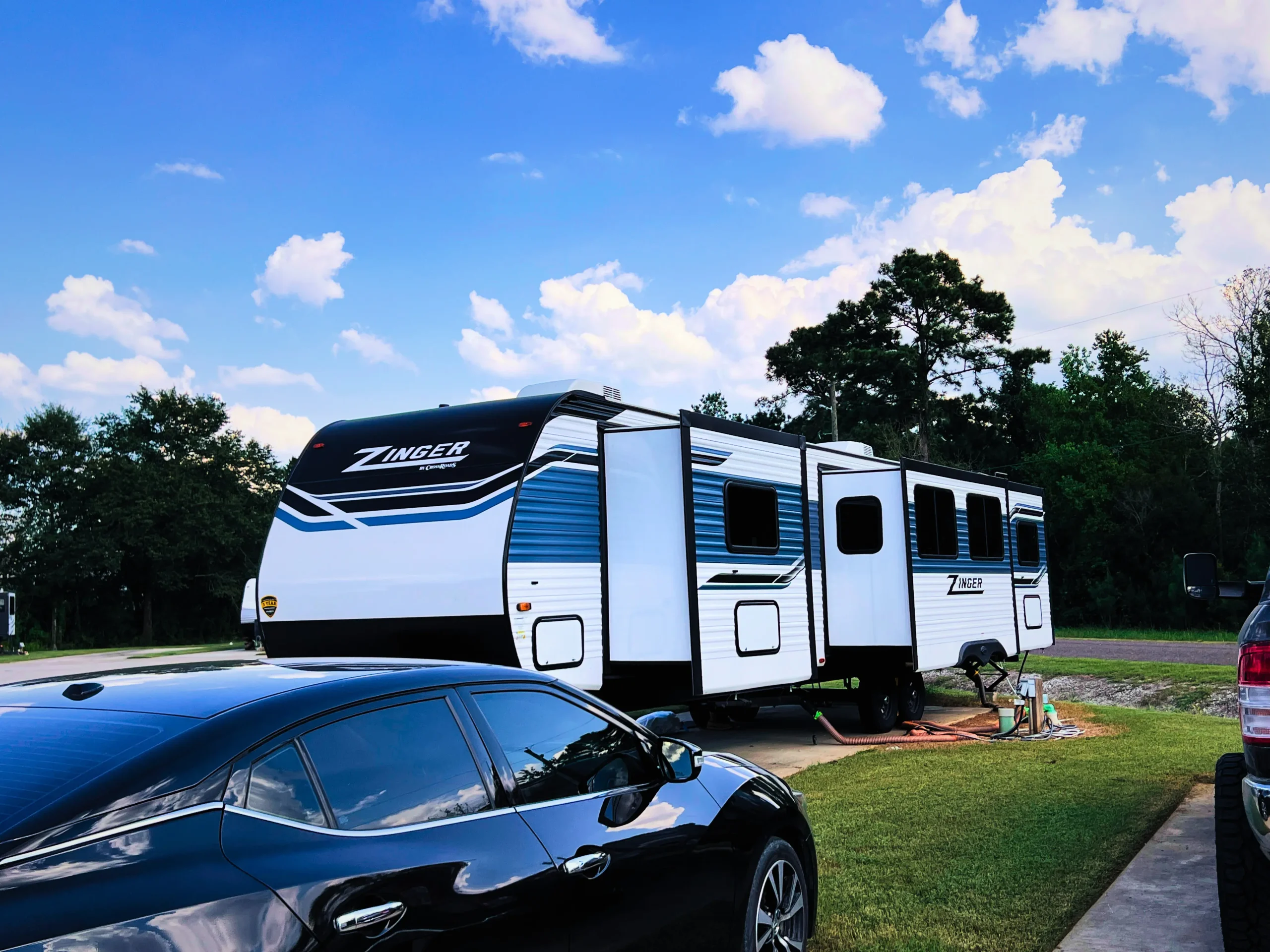In today’s world, legal documents play a vital role in various transactions, contracts, and agreements. To ensure their authenticity and prevent fraud, notarization is essential. If you’re in Minnesota and need a Minnesota Notary Public for legal documents, this guide will help you understand the importance of notary services, how they work, and where to find reliable notary public professionals.
What is a Minnesota Notary Public?
A Minnesota Notary Public for legal documents is a state-commissioned official who verifies the identities of individuals signing important documents. They ensure that signers act willingly and understand the contents of the document. A notary public helps prevent fraud by witnessing the signing process and applying their official seal.
Why You Need a Notary Public for Legal Documents
Many types of legal documents require notarization, including:
- Real estate documents – Deeds, mortgage agreements, and property transfers often need notarization.
- Financial agreements – Loan documents and power of attorney forms require a notary’s verification.
- Affidavits and sworn statements – These documents require a notary to confirm the identity of the signer.
- Business contracts – Notarization ensures that contracts are legally binding and enforceable.
- Estate planning documents – Wills, trusts, and healthcare directives must be notarized to be legally valid.
Without notarization, many of these documents may not hold up in court, leading to legal disputes and complications.
How a Minnesota Notary Public Works
Step 1: Verification of Identity
The notary verifies the signer’s identity using a government-issued photo ID, such as a driver’s license or passport. This step ensures that the person signing the document is who they claim to be.
Step 2: Willingness and Awareness Confirmation
A Minnesota Notary Public for legal documents ensures that the signer is not under duress and fully understands the document they are signing.
Step 3: Witnessing the Signature
The notary watches the individual sign the document to confirm that the process follows legal requirements.
Step 4: Applying the Notary Seal
Once the document is signed, the notary applies their official seal, verifying that the document has been properly notarized. This seal ensures that the document is legally recognized.
Types of Notary Services in Minnesota
Traditional Notary Public Services
Traditional notaries perform notarizations in person. The signer must visit the notary’s office or meet at an agreed location.
Mobile Notary Services
For convenience, mobile notaries travel to the client’s location, making it easier for individuals who cannot visit a notary office.
Remote Online Notarization (RON)
Minnesota allows Remote Online Notarization, enabling documents to be notarized digitally using secure video conferencing technology.
Where to Find a Reliable Minnesota Notary Public for Legal Documents
Finding a trustworthy notary public in Minnesota is crucial to ensuring a smooth notarization process. Here are some common places to locate one:
- Banks and credit unions – Many financial institutions offer notary services to customers.
- Law offices – Attorneys often have in-house notary services for legal documents.
- UPS stores – Some UPS locations provide notary services for a small fee.
- Mobile notary services – Mobile notaries come to your location for convenience.
- Online platforms – Websites like Notarize.com and NotaryCam offer remote notarization.
Benefits of Using a Minnesota Notary Public for Legal Documents
Prevention of Fraud
A Minnesota Notary Public for legal documents verifies identities and prevents fraudulent transactions.
Legal Compliance
Many states, including Minnesota, require notarization for specific documents to be legally binding.
Increased Document Credibility
Notarized documents are more likely to be accepted by courts and government agencies.
Convenience and Accessibility
With mobile and remote notary options, notarization is easier than ever.
How Much Does Notary Service Cost in Minnesota?
The cost of notary services in Minnesota varies based on the type of service:
- In-person notarization: Typically ranges from $5 to $15 per document.
- Mobile notary services: Can range from $25 to $100, depending on travel distance.
- Remote online notarization: Fees vary but generally cost between $20 to $40 per document.
FAQs
1. What documents require notarization in Minnesota?
Legal documents like real estate deeds, loan agreements, affidavits, wills, trusts, and business contracts often require notarization to be legally binding.
2. Can I get a document notarized online in Minnesota?
Yes, Minnesota allows Remote Online Notarization (RON), enabling you to notarize documents digitally through secure video conferencing.
3. How much does a Minnesota Notary Public charge?
Fees vary based on the service type. In-person notarization costs $5–$15, mobile notary services range from $25–$100, and online notarization typically costs $20–$40 per document.
4. Where can I find a reliable notary public in Minnesota?
You can find notary services at banks, law offices, UPS stores, mobile notary providers, and online platforms like Notarize.com.
5. Do I need an appointment for notary services in Minnesota?
It depends on the provider. Some banks and law offices require appointments, while mobile and online notary services often offer on-demand availability.
Final Thoughts
A Minnesota Notary Public for legal documents is essential for ensuring the authenticity and legality of important paperwork. Whether you need a traditional, mobile, or remote notary, there are multiple convenient options available. By choosing a trusted notary, you can prevent fraud, comply with legal requirements, and ensure your documents are recognized by courts and government agencies. If you require notarization, consider the most suitable method based on your needs and convenience.






Leave a Reply